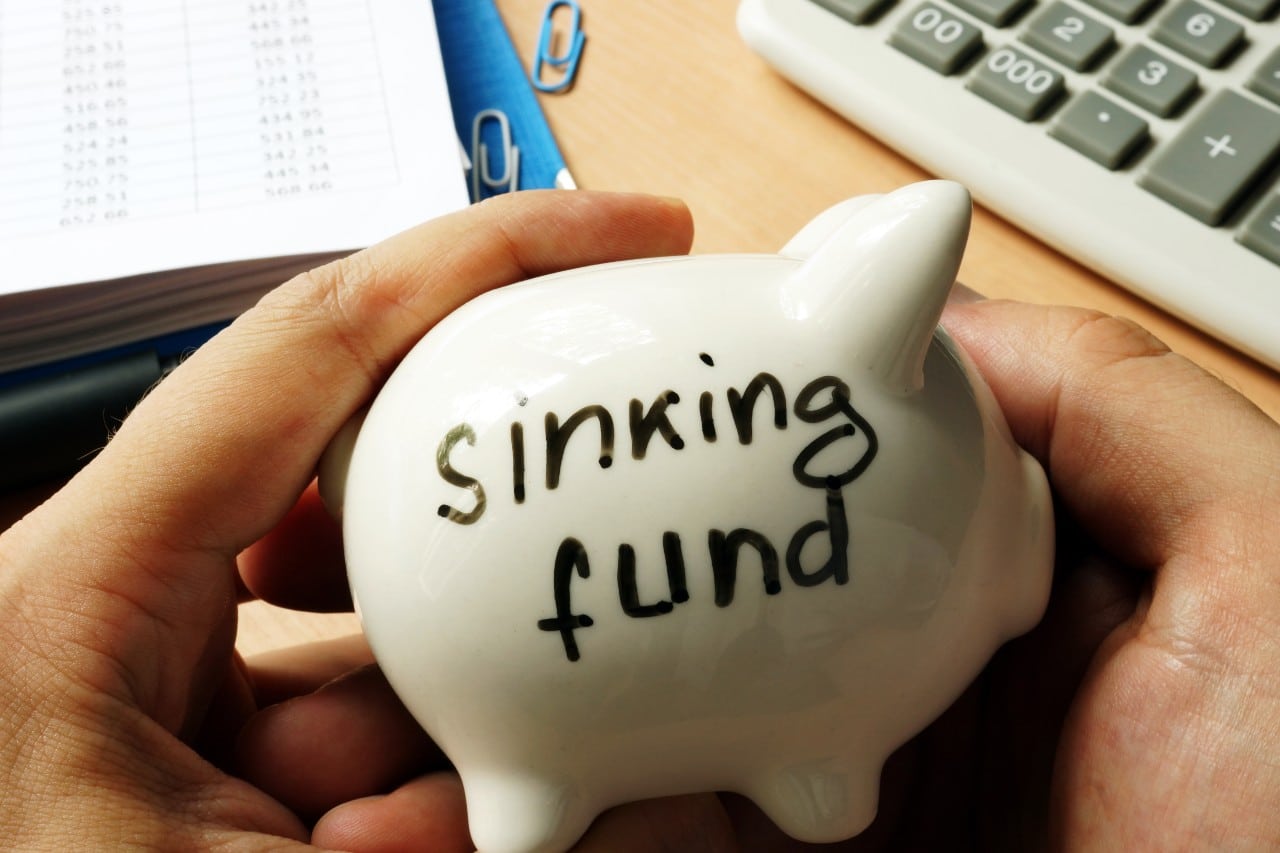In our last article, we discussed paying off debt or investing in your RRSP. That really begs the question about debt, and whether all debt is equal or if some debt is ‘good’ while another debt is ‘bad’.
Most people tend to see debt in those two categories, but definitions vary and of course, your own personal views might be firmly in the ‘all debt is bad’ camp, in which case no amount of debate or defining will sway you (nor SHOULD you be swayed!).
What Is Good Debt?
To some, good debt is any debt that is used to grow assets, either in actuality, like a real estate loan, or more generally, like a student loan (which doesn’t pay off directly but allows you to increase your income over time).
Others say that a good debt should also be tax-deductible. That would eliminate mortgage interest (in Canada anyway) unless you’re using something like the Smith Manoeuvre, a loophole in Canadian tax law that helps you write off mortgage interest on your principal residence.
Here are some examples of good debt:
MORTGAGE – Sorry, your own home doesn’t count. This is only a mortgage for a rental property. Since it’s money borrowed as an investment, the interest IS tax-deductible. In theory, you’ll be making rental income as well as holding an appreciating asset, so this checks all the boxes of good debt.
INVESTMENT LOAN – If you borrow money to invest, the interest you pay on that loan is tax-deductible. Whether it’s investing in a business, in stocks, or another kind of endeavour, this is technically a good debt.
STUDENT LOANS – Investing in yourself is generally seen as good debt. If the options are not going to school and working crappy jobs for your whole life vs. getting a degree and launching a professional career, taking on this debt seems reasonable. Of course, those aren’t the actual options, and plenty of people who didn’t go to college or university are immensely successful, and plenty who did can’t find a job at all. We’ll talk more about student loans in a future article.
Calling these debts ‘good’ might be a bit of a misnomer. Advantageous, sure, but good makes it sound like everyone should run out and buy a rental property. Let’s take a look at bad debts and we’ll come back to the debate.
What Is Bad Debt?
Bad debt is taken to buy or do things that don’t produce an income for you and don’t have any tax advantages. Common examples include:
CREDIT CARDS – Buying that new TV on your credit card because of all the points you’ll receive does not count as good debt. The TV is a liability (it only goes down in value), and the interest you pay on your card isn’t deductible. No matter what you actually buy, anything purchased with a credit card lowers your net worth and is therefore bad debt.
LINES OF CREDIT – Similar to credit cards, a line of credit might sound more positive as it’s usually referred to as a type of ‘financing’ rather than ‘debt’, but the fact is you’re spending money you don’t have.
CAR LOANS – Even if you justify to yourself that you need that brand new truck otherwise your clients won’t take you seriously, or that, as a real estate agent, you have to drive a Mustang so people know you’re successful, a car loan is still bad debt. The car goes down in value and is, therefore, a liability.
MORTGAGE – Your personal mortgage is not good debt. This is debatable, and many use the argument that you have to live somewhere so you might as well own to justify it, the fact is that even if your house appreciates in value (in which case it might be a good investment), non-deductible interest makes this a bad debt.
What Do YOU Think?
Some people believe that all forms of debt have their strategic purpose and, used properly, can help you achieve your goals. Others shun every form of debt at all costs. If you’re somewhere in the middle, this article hopefully helped you realize the differences in types of debt and show you what’s working towards your goals and what’s hurting you.
Lastly, always watch out for assumptions you’re making. If you find yourself constantly justifying a debt to yourself, there’s a good chance you’re turning a want into a need – decide what’s really helping and get rid of the rest.





